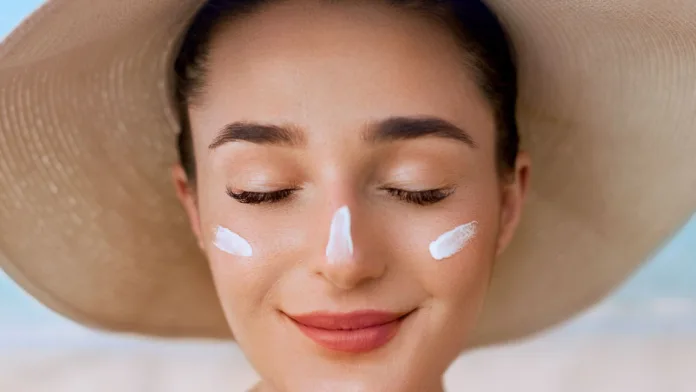The skin is the body’s largest organ and serves as a protective barrier against external elements. It also plays a vital role in regulating body temperature and preventing water loss. Therefore, it is important to maintain healthy skin in order to support its essential functions.
In this article, we will explore the effects of humidity on the skin and how it can be beneficial.
How Does Humidity Affect the Skin?
Humidity levels can impact the skin in several ways. In high humidity, the air is already saturated with moisture, which can prevent sweat from evaporating. This can make the skin feel sticky and uncomfortable. On the other hand, low humidity can cause the skin to become dry and flaky due to increased water loss from the skin’s surface.
Humidity levels can also directly affect the skin’s natural barrier function. The outermost layer of the skin, called the stratum corneum, is made up of dead skin cells and oils that help retain moisture. When the humidity is low, this layer can become dehydrated and cracked, making it easier for irritants and bacteria to penetrate the skin. This can lead to a variety of skin problems such as eczema, psoriasis, and acne.
In contrast, high humidity levels can make the skin more prone to fungal and bacterial infections as moisture provides the perfect breeding ground for these microorganisms. Those with oily skin may also experience an increase in oil production, leading to clogged pores and breakouts.
Humidity Benefits for the Skin
While high and low humidity can have negative effects on the skin, moderate humidity levels can provide numerous benefits for the skin.
- Hydrates the Skin
One of the main benefits of humidity is that it helps keep the skin hydrated. When the air is moderately humid, the skin’s outer layer can better retain moisture, preventing it from becoming dry and flaky. This is especially beneficial for those with dry skin, as it can improve the skin’s appearance and texture.
- Improves Skin Barrier Function
As mentioned earlier, humidity can impact the skin’s natural barrier function. Moderate humidity levels can help strengthen this barrier by keeping the skin hydrated and preventing water loss. This, in turn, can make the skin more resilient to external irritants and pollutants.
- Can Reduce Signs of Aging
Dry skin is often associated with the signs of aging, such as fine lines and wrinkles. When the skin is properly hydrated, it appears plumper and more youthful. Humidity can help improve skin hydration, making it appear smoother and more radiant.
- May Provide Relief for Skin Conditions
For those with skin conditions such as eczema, psoriasis, or rosacea, humidity can provide relief. These conditions are often worsened by dry air as it can cause irritation and inflammation. By increasing humidity levels, the skin is better able to retain moisture, which can soothe these conditions.
- Promotes Healing
Humidity can also aid in the healing process of the skin. Dry skin is more prone to developing cracks, which can be painful and take longer to heal. By keeping the skin hydrated, humidity can promote faster healing and reduce the risk of infection.
Tips for Maintaining Healthy Skin in Humid Conditions
While humidity can have its benefits, it is important to maintain a balance and not let it get too high or too low. Here are some tips for maintaining healthy skin in humid conditions:
- Stick to a skincare routine: It’s important to establish a skincare routine that suits your skin type and stick to it. This includes regular cleansing, hydration, and exfoliation to keep the skin clean, hydrated, and free of dead skin cells.
- Use non-comedogenic products: In humid conditions, it’s important to use products that won’t clog the pores. Look for non-comedogenic moisturizers, serums, and sunscreens that are lightweight and won’t further increase oil production.
- Stay hydrated: While humidity can help keep the skin hydrated, it’s important to also drink ample water to keep the entire body hydrated. This will also help flush out toxins and maintain the skin’s natural moisture balance.
- Avoid hot showers: While a hot shower can feel soothing on a cold day, it can strip the skin of its natural oils and dry it out. Stick to lukewarm water and limit showers to no more than 10 minutes.
- Protect yourself from the sun: While humidity can provide some natural protection against the sun’s UV rays, it’s still important to use sunscreen to prevent sun damage. Look for products with a broad-spectrum SPF of 30 or higher.
In conclusion, humidity can have both positive and negative effects on the skin. Moderate levels of humidity can provide numerous benefits for the skin, including hydration, improved barrier function, and a reduction in signs of aging. However, it’s important to maintain a balance and follow a proper skincare routine to avoid any negative impacts on the skin. With the right precautions, you can enjoy the skin-loving benefits of humidity and maintain a healthy and radiant complexion.

